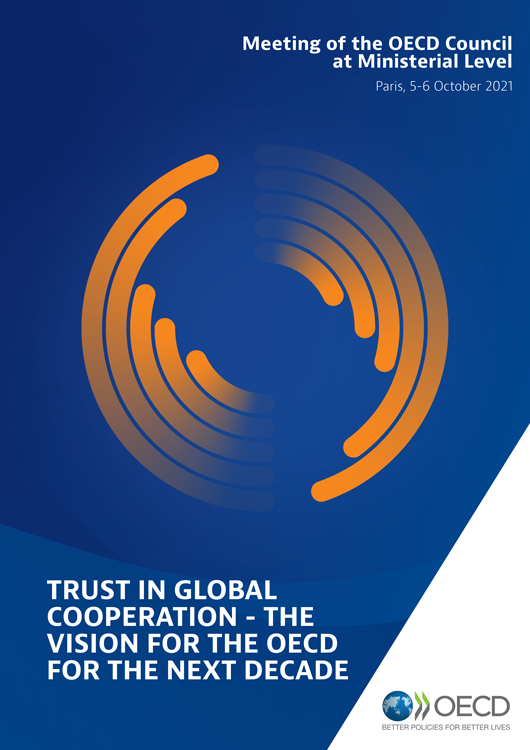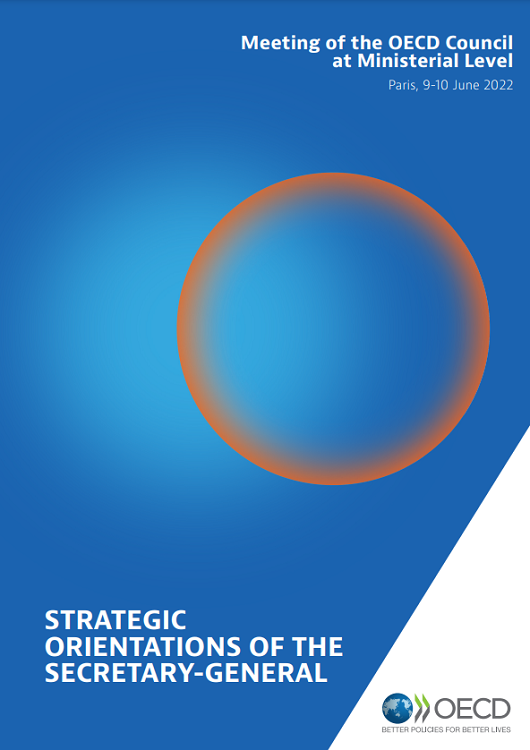
Ending offshore profit shifting
Better coordinated international tax rules and greater information sharing between countries make it more difficult for multinationals to artificially shift profits offshore to pay little or no tax.
What's the issue?
Base erosion and profit shifting (BEPS) describes what happens when multinational enterprises exploit gaps and mismatches or loopholes in the international tax rules to artificially shift profits to lower the amount of tax they pay, by artificially shifting profits to low or no tax jurisdictions. Examples involving famous brands have filled the headlines in recent years, spurring public and political outrage. But these tax avoidance strategies were in most cases legal, and largely overlooked until the launch of the OECD/G20 BEPS Project in 2013. Multinationals were taking advantage of tax rules that were outdated and not well co-ordinated across countries.
However, BEPS is bad for everyone: governments, citizens and businesses alike. Governments lose much needed tax revenues from some of the largest companies in the world: conservatively estimated at around 4-10% of global corporate income tax revenues, or USD 100-240 billion annually; money that could be spent on education, health care, infrastructure, pensions. Citizens lose out either by having to foot the bill through higher taxes for services that would otherwise have been funded by corporate income tax revenues, or going without those services. Purely domestic businesses have a hard time competing with multinational enterprises that can lower their tax bills by shifting profits offshore.
How are we addressing it?
The OECD/G20 BEPS Project was born in the wake of the global financial crisis, shrinking public budgets and growing public outcry over tax evasion and tax avoidance practices. In 2015, OECD and G20 countries – along with other stakeholders – created a package of 15 actions and related solutions to tackle BEPS. Since then, the work has continued and the number of countries involved has grown, with over 135 jurisdictions today working together on an equal footing in the Inclusive Framework on BEPS. In addition to implementing the BEPS minimum standards, they are tackling the income tax challenges arising from the digitalisation of the economy to ensure that all businesses – not just those in the digital sector – pay their fair share of tax where they have activities and where they earn their profits. Despite the COVID-19 pandemic slowing discussions, the OECD/G20 Inclusive Framework members have developed detailed blueprints of a two pillar approach that provide a solid basis for bringing the process to a successful conclusion by mid-2021.
Key areas of action to tackle BEPS include:
- Stopping the inappropriate transfer of profits between multinationals’ subsidiaries in different countries[video]
- Helping countries to collect VAT more effectively in today’s digital world [video]
- Providing a template for multinationals to report, country by country, where their profits, sales, employees and assets are located, and where they pay tax [video]
- Eliminating treaty shopping between jurisdictions [video]
- Facilitating swift implementation of the BEPS measures through a new multilateral instrument [video]
The OECD’s base erosion and profit shifting (BEPS) project has made unprecedented progress in tackling all such practices of transferring activities for tax purposes.
Emmanuel Macron President of France
What's the impact?
The OECD/G20 BEPS Project is the most ambitious multilateral international tax policy initiative ever undertaken. Ensuring fairness, coherence, transparency and that taxation is aligned with where economic activity takes place, in the vastly complex space of international tax provisions covering virtually all of the world’s economic activity requires enormous effort and commitment.
Significant milestones have been reached so far, leading to an important shift in practices both by policy makers and multinational corporations.
More than 135 countries and jurisdictions are taking part on an equal footing in the Inclusive Framework on BEPS, and 90+ countries and jurisdictions have signed the Multilateral Convention to Implement Tax-Treaty Related Measures to Prevent BEPS. The Convention saves governments time by eliminating burdensome one-on-one negotiations, which take years to finalise, and helps countries to effectively implement the recommendations of the BEPS Project in a consistent manner, closing loopholes in thousands of existing tax treaties.
Information is increasingly being shared between tax authorities to tackle BEPS. More than 2 500 bilateral relationships are already in place for Country-by-Country reporting which has resulted in tax ad ministrations worldwide collecting and sharing detailed information on all large MNEs doing business in their country. Exchanges of information on 30 000+ previously secret tax rulings have also taken place, ensuring greater transparency of the arrangements between tax administrations and taxpayers.
Harmful preferential tax regimes have also been addressed, with legislative changes made to amend/abolish 150+ of these regimes, representing a major step forward in tackling artificial profit shifting.











